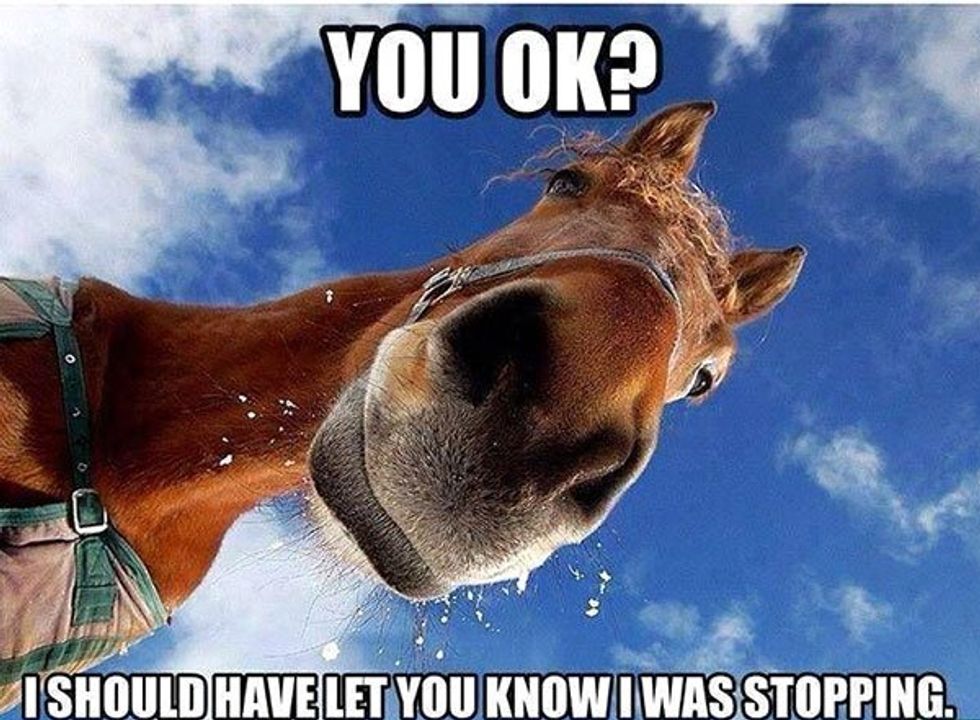Materialism is not about the amount of money items cost, but it is about the amount of them you own. A quote from Chuck Palahniuk, author of Fight Club, says, “The things you own end up owning you. It's only after you lose everything that you're free to do anything.” These words seem to hit home with me because I often feel that in a first world country, we are often bound by the material possessions we own. A perfect example of this is in the cellphone industry with two-year contracts followed by an eligible upgrade. I am just as guilty as everyone else about wanting to get that new phone the day my two-year upgrade is available. The phone I have works just fine, and I'm sure it would continue to work just fine for at least another year after that upgrade date, but subliminal messaging from powerful ads makes us feel as though we are being freed from some horrible prison when this date comes upon us. That new phone may be faster, larger, and have three new unreal features, but what about a great trip with friends to Florida over spring break instead? Rather than spending all available capital on the new, improved, and elite material goods of the day, we should make a conscious effort to gather experiences and invest for the future.
Gathering experiences with family and friends is a reliable alternative to the trap of materialism. I once again praise my parents for teaching all of their boys the importance of travel. Now more than ever, I relish going on vacations in the summer. There is nothing more satisfying than tackling the tallest mountain in New Mexico in one morning with my brother Ben or exploring quirky shops in Taos, New Mexico, with Luke and Nick. These weeks are an important escape from work for my parents, and I know it helps them stay sane to get away for a week or two and enjoy another culture and not worry about work. These trips are by no means free, and I laud my parents' commitment to saving up the money for the vacations rather than eating out more while we are at home.
I also think it is important to note the difference between spending money on a passion versus on material things. It is perfectly fine to invest time and money into an activity if the enjoyment gained out of this investment is in line with how much money one spends on it. An example of this is my love of bowling; I am always trying to get the newest ball, and love to watch pro bowling on Sunday afternoons (yes, it is a thing). I bowl three nights a week and it is a great stress reliever for me during school, so I consider my money spent on bowling to be an investment in my sanity rather than frivolous spending.
The final way to avoid the appeal of materialism is investing in the future. I mean this in the literal way of actually putting extra money in a savings account. This seems boring, but practically speaking, it is a responsible idea. My parents always painted me as the frugal child who wanted to check the prices on anything I bought growing up as a kid. I may not be able to buy that new cell phone today, or that new pair basketball shoes tomorrow, but that down payment on my first house will come a little easier if I can save some money today. Do I always stick to this? Of course not, but the future is always something to consider when it comes to financial decisions.



















 teenhorseforum
teenhorseforum














